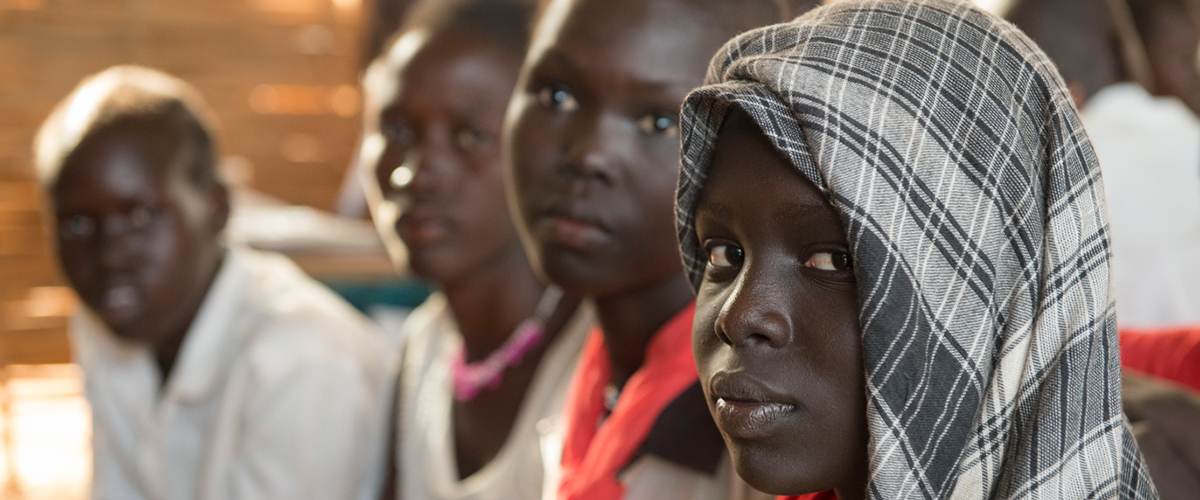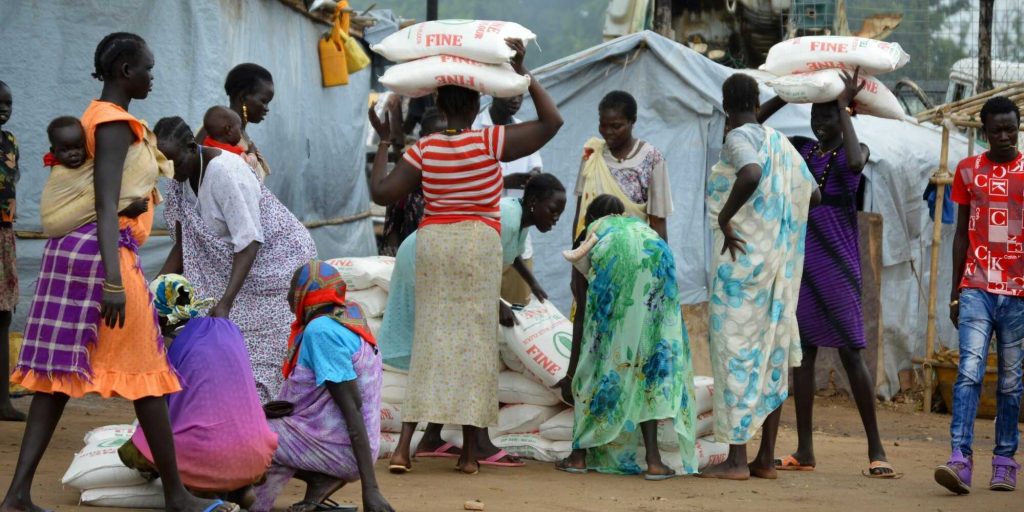“Women and girls may resort to exchanging sex for food, shelter, or money to meet their daily living needs for themselves and their families in order to survive another day”

“Women and girls may resort to exchanging sex for food, shelter, or money to meet their daily living needs for themselves and their families in order to survive another day,” said Jennifer Melton of the U.N. children’s agency UNICEF.
South Sudan descended into civil war after President Salva Kiir fired his deputy, unleashing a conflict that has spawned armed factions often following ethnic lines.
The United Nations has warned of a possible genocide, millions face famine and an estimated 3.5 million have fled their homes, 2 million of them children.
In December, a U.N. independent commission said sexual violence had reached “epic proportions” in South Sudan and that 70 percent of women in Juba had suffered some form of sexual assault since the end of 2013.
“During conflict, parents are unable to protect or care for their children, they get separated and children on their own despair and do not hesitate to use the only asset they have, which is selling their body to survive,” said Cathy Groenendijk of Confident Children out of Conflict (CCC), an organisation caring for vulnerable children like Stacey.
Groenendijk and her team of social workers, psychologists and nurses have been running a children’s shelter in Juba for a decade: a cluster of small buildings behind a barbed wire wall and big metal gate.
Inside the tiny oasis, clothes hang to dry and energetic children play on swings, while older residents ready the younger ones for dinner. The children attend school in Juba and return to the shelter to sleep, eat and socialise.
Stacey, the daughter of an absent father and alcoholic mother moved from her hometown of Terekeka to the capital with her mother and sisters when she was about eight years old.
“Life in the village was dangerous and my mother and father were not good because he had two (more) wives,” said Stacey, who did not want to give her full name.

